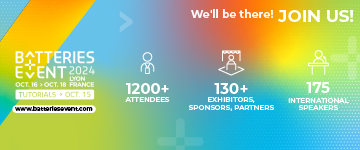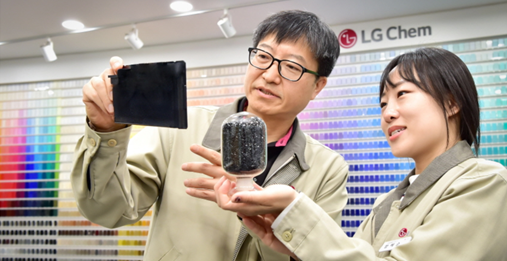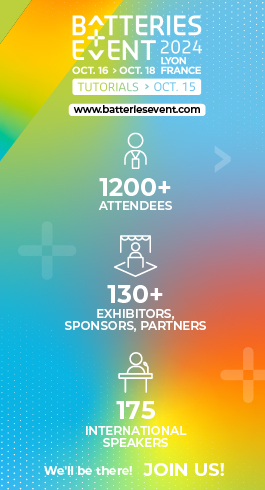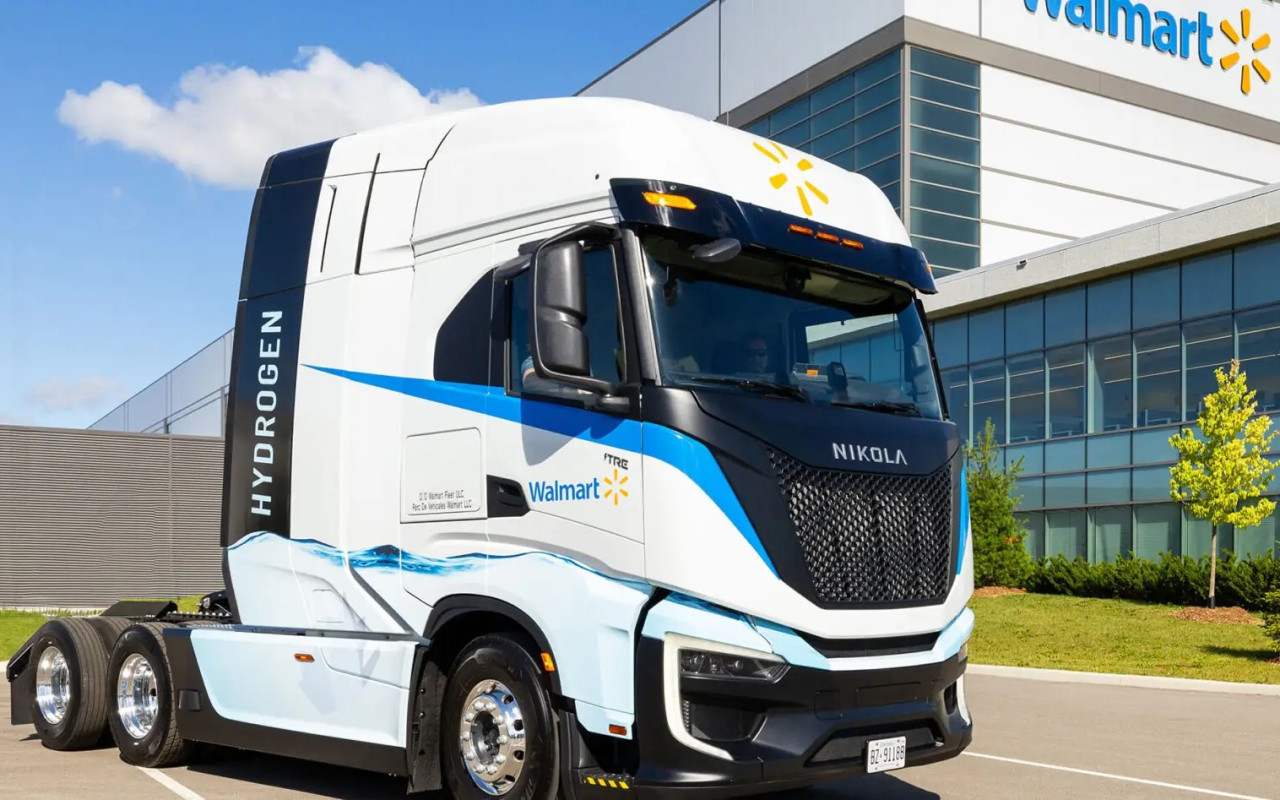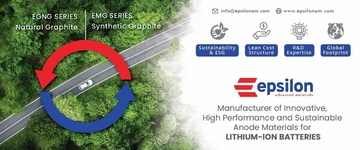LG Chem develops advanced plastic materials to prevent thermal runaway
In a bid to address concerns of battery fires, LG Chem, the leading Korean chemical company has developed advanced plastic materials said to prevent thermal runaway in electric vehicle batteries.
Thermal runaway, a prime cause of EV battery fires, is a phenomenon where battery cell suffers stress from various origins and results in an uncontrollable increase in temperature in the battery. Flames arise when the battery's internal temperature rises above a certain level due to short circuits such as overvoltage and over-discharge.
"LG Chem's new plastic material can be applied to battery pack covers so that it can delay combustion period in case of fire and prevent the flame from spreading. This will help secure the time needed to evacuate drivers and put out a fire," the company said in a statement.
According to LG Chem, the newly developed "special flame retardant" plastic is better than the conventional flame retardant plastic as its capable of blocking heat for a longer period when it is applied to an EV battery cover. LG Chem's in-house test results confirm that the newly developed material can block flame propagation caused by thermal runaway more than 400 seconds in 1,000 degrees – a number, 45-times better than the general flame-retardant plastic.
Apart from being high-functioning, the plastic material is said to have excellent dimensional stability that allows it to maintain its shape despite temperature changes.
"Continued research for over a decade to solve our customer's pain points have turned out to be tremendously meaningful," said Steven Kim, Senior Vice President/ Division Leader, Engineering Materials Division Advanced Materials.
"Based on the world's best compounding technology, LG Chem plans to continue its R&D and invest in mass production to lead a fast-growing e-Mobility market."
The Korean chemical giant plans to target the market with its recent battery pack plastic material soon and has plans to expand its application of material on vehicles as well as other industries. It has established all the necessary infrastructure for mass production and intends to initiate full-scale production beginning in 2023, by the customer's schedule.
The company is currently filing for patents in Korea, the US, and Europe.

